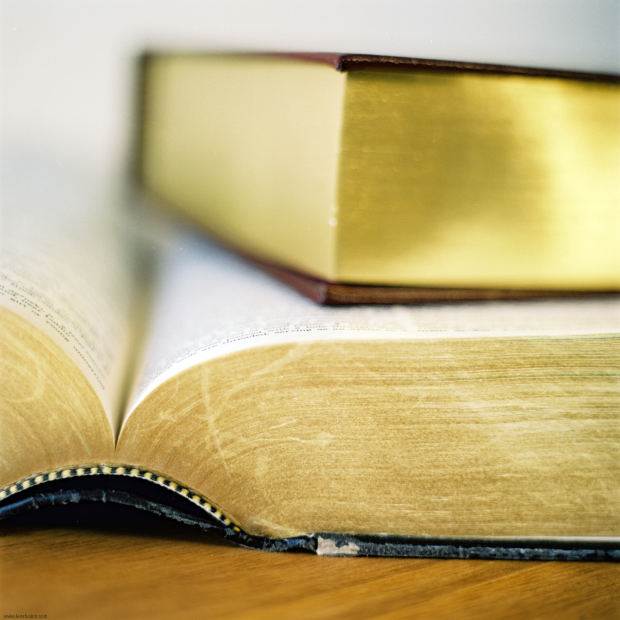FAQ – Free Government Cell Phone Guide. If you are looking for a reliable guide to the free government phone program, we can help! We will show you how low-income families get help every day. Lifeline Link-Up and Lifeline Assistance are the agencies that make the government phone program possible.
Many people who qualify for free cell phone service are unaware they are eligible. This page is an FAQ overview .to help you navigate the free cell phone program Feel free to browse through this site for the information your need.
Lifeline Assistance is responsible for helping with monthly phone bill payments, while Lifeline Link-Up, handles initial costs for installing landline services. These two programs usually work together, which becomes Lifeline or the Lifeline Assistance Program.
FAQ – Frequently Asked Questions
Who Qualifies for the Government Phone Program?
These free phones, are available only to those, who qualify, financially. The applicant qualifies if, their gross income is at or below 135 to 150% of Federal Poverty Guidelines. These requirements vary slightly, from state to state. You are eligible if, you participate in any of various public assistance programs, like:
- Medicaid,
- Food Stamps – SNAP
- Supplemental Security Income – SSI
- Federal Public Housing Assistance – Section 8
- Temporary Assistance to Needy Families – TANF
- Low-Income Home Energy Assistance Program – LIHEAP
- The National School Lunch Program’s Free Lunch Program
Can Non-Citizens get Free Phones
You may wonder if you can apply for the government phone program if you are a non-citizen. You will be glad to know that many people who are not citizens can apply for the Lifeline program. When non-citizens meet specific criteria, they are eligible to receive public benefits and can ask for free cell phone service. At the bottom of this section, you will find a link that leads to more detailed information on the subject.
Non-citizens are “qualified” under the Personal Responsibility and Work Opportunity Reconciliation Act (PRWORA), the welfare reform of 1996, and can receive some federal benefits. The categories are:
- Asylees
- Refugees
- Victims of trafficking
- Conditional entrants
- Cuban and Haitian entrants
- Those on parole in the US for at least a year
- Non-citizens are granted protected from deportation by the INS
- Immigrant spouses and children victims of abuse
- permanent residents (LPRs) with green cards
For more information, refer to massresorces.org
FAQ on How to be Approved

When you apply for a Lifeline phone, you have the choice of receiving assistance with landline or cell phone service. The benefits vary from state to state and company. All receive a free phone and free minutes. You have the option of purchasing additional minutes at a reasonable price. Some providers allow you to use your old phone number with your new service. Several phones are compatible with your service. Please contact the phone company for more information.
Basic Benefits
- phone
- 250 – 500 minutes depending on specials
- Low-cost text messaging
- Lifeline access
- 3-way calling
- Caller ID
- Long distance
- International
- Voicemail
- Call forwarding
Who Pays for these Phones?
Many people asked if taxpayers were paying for the government phone program. The money comes from the small fee added to the monthly phone bill by the “Universal Service Fund Fee.” So, you can say that you are contributing to the free cell phone program if you own a phone.
What about Obama phones?
Some political sources will directly confirm the false rumors about Obama phones. Cell phone subsidization took place under President Bush but continues under President Obama. Since the inception of the free cell phone program, the use of the cell phone has skyrocketed and cost millions of dollars to maintain each year. For those who want to know more about Obama phones, it is easy to find reliable information on this program.
Will the Government Phone Program Last?
The Lifeline Program has offered discounts on phone service to disadvantaged consumers since 1985. Though it has undergone many changes, the benefit should be around for a long time. They will continue to meet the needs of those who truly qualify.
With every government program, there is the possibility of abuse and fraud. We have seen it with Medicaid, Food Stamps as well as on Wall Street. The problem with violations of the Lifeline program has cost millions of dollars. Many blame the poor for receiving the phones and services.
Some phone companies participating in the program create an environment that makes fraud possible. The more people join the program, the more money they will make.
There have been several Senators seeking to end the program altogether. Currently, the government is cracking down on these questionable methods, and these offending phone companies will either line up, be fined, or be removed from the phone subsidy program!
Do you Need Help?
If you are out of work, disabled, or receiving help from a government assistance program, you owe it to yourself to determine if you qualify for a government phone.
If you want to know more about the free government cell phone program, the Free Government Cell Phone Guide is an exhaustive resource and a wealth of information!
Now that you know about the free government program, check out the discount broadband internet program!